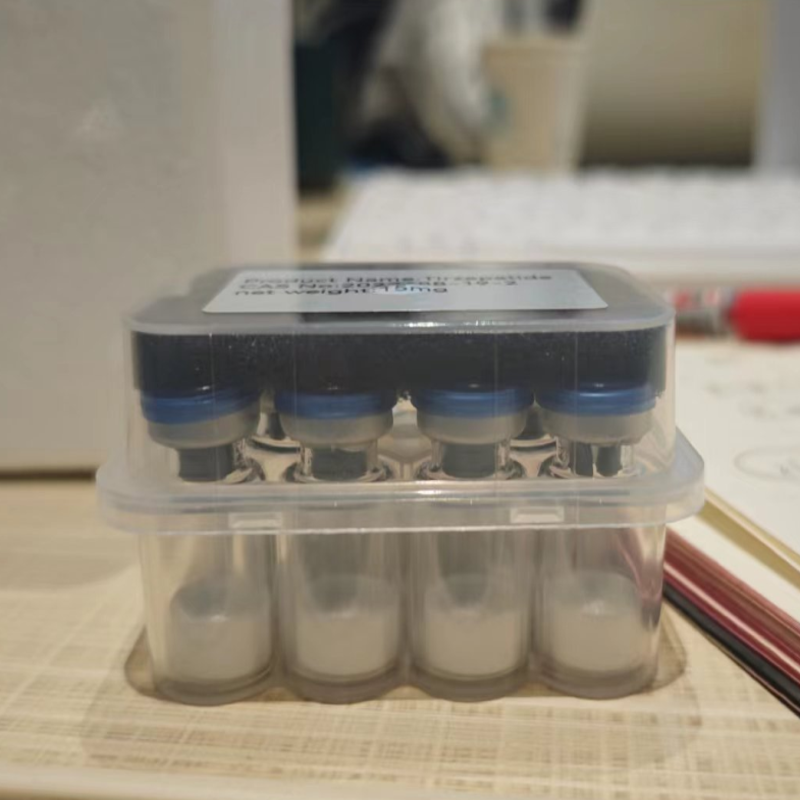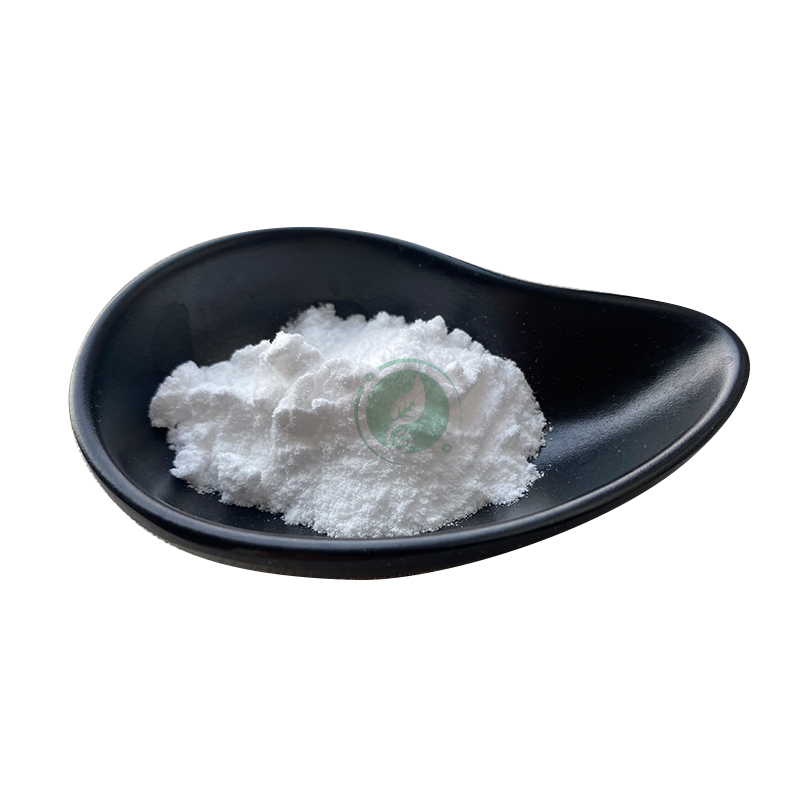FDA approves Mercado PD-1 inhibitor KEYTRUDA for melanoma patients with metastasis after total excision
-
Last Update: 2020-06-10
-
Source: Internet
-
Author: User
Search more information of high quality chemicals, good prices and reliable suppliers, visit
www.echemi.com
recently, Mercado announced that the United StatesThe FDA(http://the results of thetrial(http://based on EORTC1325/KEYNOTE-054, and approved its PD-1 inhibitor KEYTRUDA for use in melanoma patients with metastasis after the complete removal of lymph nodesThe studya key clinical Phase 3 trial conducted in collaboration with the European Cancer Research and Treatment Organization (EORTC) was a multicenter, randomized, double-blind, placebo-controlled trial for patients with stage IIIA (1 mm lymph node metastasis), IIIB or IIIC melanomathe study recruited a total of 1,019 patients, randomly grouped at a 1:1 ratio, every three weeks (n s 514) the drug KEYTRUDA 200 mg or placebo group (n s 505) administered for up to a year, or until the disease recurs or is not acceptable toxicityPatients must undergo lymph node removal and, depending on the patient's condition, undergo radiation therapy within 13 weeks of the start of treatmentThe primary endpoint of theis the non-recurrence survival rate assessed by researchers across the group and in PD-L1-positive tumor groups, where the non-recurrence survival rate is defined as the time interval between the randomization date and the date of first recurrence or death (local, regional, or distant metastasis), whichever occurs firstThe patient sat for the first two years after taking KEYTRUDA every 12 weeks, then every six months from the 3rd to the fifth year, and then once a yearTrials showed that KEYTRUDA significantly increased the recurrence-free survival rate (RFS)In patients with high-risk stage III melanoma who underwent surgical removal, the risk of recurrence or death in the KEYTRUDA group was reduced by 43% compared to the placebo group (HR s 0.57 (95% CI, 0.46, 0.70) ;p 0.001)KEYTRUDA was the first anti-PD treatment in patients with stage IIIA (1 mm lymph node metastasis), IIIB and IIIC melanoma In terms of safety
the most common adverse reaction in the study (at least 20% of the study patients reported) was diarrhea (28%) but the researchers caution that KEYTRUDA can have adverse immunomediated reactions, including severe or fatal complications such as pneumonia, colitis, hepatitis, endocrine diseases, nephritis, severe skin reactions, physical organ transplant rejection, and isogeneous hematopoietic stem cell transplantation (HSCT) DEPENDING ON THE SEVERITY OF THE ADVERSE REACTION, KEYTRUDA SHOULD BE SUSPENDED OR DISCONTINUED AND, WHERE APPROPRIATE, GIVEN THE DRUGGLUDECOSIS KEYTRUDA can also cause severe or life-threatening infusion-related reactions Depending on its mechanism of action, pregnant women who take KEYTRUDA can cause fetal damage
This article is an English version of an article which is originally in the Chinese language on echemi.com and is provided for information purposes only.
This website makes no representation or warranty of any kind, either expressed or implied, as to the accuracy, completeness ownership or reliability of
the article or any translations thereof. If you have any concerns or complaints relating to the article, please send an email, providing a detailed
description of the concern or complaint, to
service@echemi.com. A staff member will contact you within 5 working days. Once verified, infringing content
will be removed immediately.







